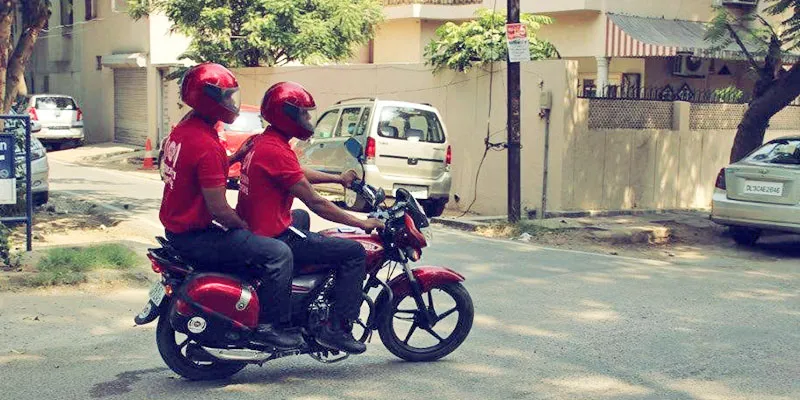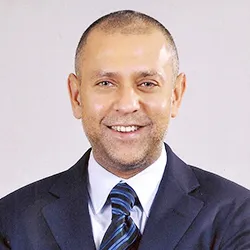One Touch Response aims to be India's version of 911 for emergencies

Across the globe, there are government services that come to an individual aid during emergencies. Most popular of them is 911 of the US and 999 of the UK, these services are known to respond to any emergency situation either by the victim or witnesses. While, India has 100, it is not a single touch response centre for all kinds of emergencies. In order to bridge this gap, Arvind Khanna came up with the idea of One Touch Response.
Looking at the safety concerns that are plaguing the country, Arvind thought that there was a need for a single point of contact for emergencies. Arvind believes that while people felt relatively safe and secure in their offices and homes, there was a sense of vulnerability when they were travelling or in transit.
The idea and its inception

Arvind calls himself a Delhi boy who was educated abroad. Till 1999, he was working in the family business. Then he started a defence technologies company, which he sold in 2007. Arvind has also invested in several small companies, and has had interests in the food segment in the UK.
Arvind says that the idea for One Touch Response came to him last year. While there were several apps and points of contact that help individuals reach out to their angel network of friends and family, Arvind believes they aren't fool-proof: "There is no guarantee that an angel network is available at all times. Everyone is busy so it's not possible to see all the messages, and even if they do, they might not be nearby."
While there are government organisations for emergency situations; they might not respond to what they do not perceive as an emergency, but will be an emergency to you. Arvind cites the example of a car breakdown late in the night: “Being stranded with your family at night makes you feel vulnerable and that is an emergency for you. But it might not necessarily be an emergency for the police who might have bigger issues to sort out."
How does it work?

One Touch Response is based on the premise that there is vulnerability when you are outside your home or workplace. Angel networks donot come in with a hundred per cent guarantee. Arvind thought that there was a need for a service that can be contactedimmediately and physically be with the caller within minutes. The app and the website act as enablers of this service.
One Touch Response has a 24/7 command and patrol centre, where a young team known as the First Response Team, responds to a caller within minutes. When a subscriber in a difficult situationcontacts the call centre, he/she is guided remotely, while the First Response Team is on the way to reach the scene of the emergency.
The emergency can be anything: Like someone may want to be trackedthrough the phone, or checked on via calls while he or she is going back home late from an engagement.One Touch Response focuses on softer emergencies, but if any subscriber is in a real-time threatsituation, the team coordinates with the local police and other agencies as well. In such cases, when users place a call to the call centre, they run him or her through what to do, while they get in touch with the police. Simultaneously the First Response Team will be driving to help the user.
Changing Strategy
Initially, the team was looking at a more HNI play but realised before the pilot that the appeal is more consumer or corporate. So, the pricing was changed to suit a more consumer play model. "We went through a learning curve of understanding positioning of the First Response Teams, placing them at right locations so that they could reach our subscribers within minutes," explains Arvind.
Choosing the right people for the First Response Team was a big challenge, says Arvind: "We needed people who were enthusiastic about serving people rather than doing a job. We found well-educated boys,a majority from NCC and sports backgrounds, who like helping people as a career rather than a job."
While last year the team concentrated only on corporates, they launched consumer play in Delhi this year. Arvind concludes: "In the next six months, we will be looking at the bigger tier 1 cities, later at tier 2cities, and finally build a network across the country."







